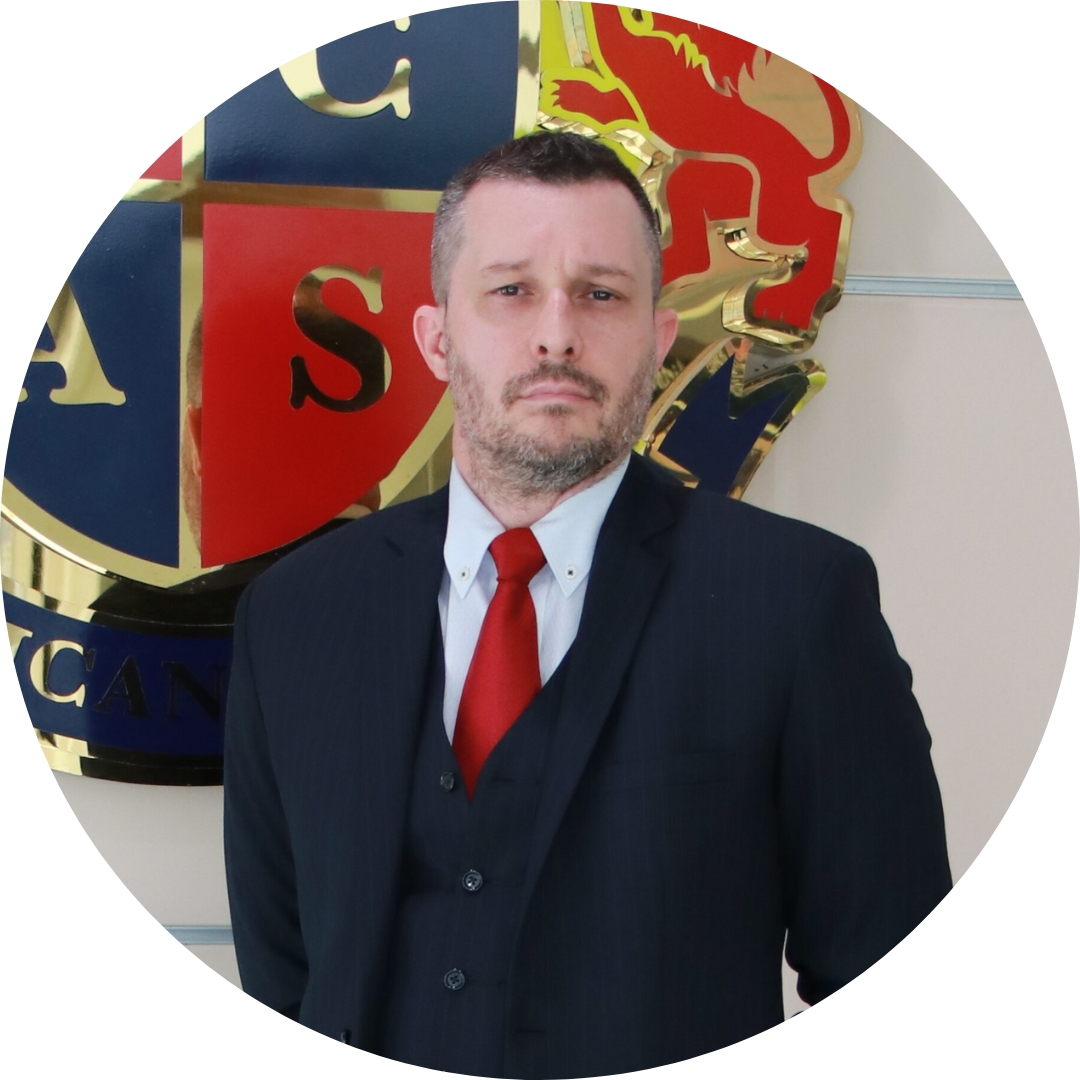Student Support Services
Pastoral
At HCAS, we follow the philosophy of Positive Behavior Interventions and Supports (PBIS). Poor behavior is reduced or eliminated through an emphasis on teaching and encouraging positive behavior as opposed to merely punishing student misbehavior. The school emphasizes that teachers are on the frontline of behavior management, and positive behavior is best fostered by positive and caring teacher-student relationships. Positive behavior is reinforced, but students are also held accountable when misbehavior occurs. As part of the pastoral program, students receive lessons on school safety, fire and earthquake safety, “people smarts” (stranger danger), sex education, and anti-bullying education.
- Students attend Guidance Group meetings 1-2 times per month, with the purposes as follows:
- ◆ to promote age-appropriate holistic and academic mentoring
- ◆ to equip students with the soft skills needed to succeed both at HCAS and beyond
Examples of topics included in Guidance Group meetings include setting SMART goals, study techniques, 7 Cs portfolios, exploring personal interests and abilities, etc. Student to mentor ratios ranging from 6:1 to 11:1 are purposefully small to promote involvement with all students.
English as an Additional Language
As HCAS teaches courses in the medium of English though situated in a country whose national language is not English, the need for English as an Additional Language (EAL) support is substantial. As developing competence in the English language is crucial to students’ success, HCAS established an EAL program to address the needs of students from non-English speaking backgrounds who are still in the process of developing Basic Interpersonal Communication Skills (BICS) and Cognitive Academic Language Proficiency (CALP). The goal of the program is to equip students with the English language skills necessary so they can operate independently within the mainstream classroom. The EAL Department supports students from grades 1 – 10 with push-in and pull-out support as determined by their WIDA and MAP scores. They collaborate with staff to ensure best practices are being followed with regard to teaching EAL learners to guarantee the best possible outcomes.
Social-Emotional Counseling
To support student well-being, the social-emotional counselor collaborates with staff, parents, and the local government. The counselor meets regularly with at-risk students to provide strategies and plans to support their growth and ability to handle varying issues (e.g., depression, peer-peer relationships, family relationships, campus relationships, anger, etc.). For severe cases such as bullying or suicide, the counselor serves as a liaison among HCAS, the Department of Education, and the Ministry of Education. The counselor is responsible for adhering to school and local government protocols/procedures for all social-emotional cases.
Student Support Team
Meet the Team Memebrs

David Toyne has been with the school since 2019, working on both the teaching and administration side of the educational equation. As Data Manager, he assists with providing relevant information to help in communication and awareness around cases affecting student safety and issues arising at school.

Mark Vickers is The Dean of Students and is dedicated to fostering a supportive and inclusive campus community. Responsible for overseeing students, implementing policies, school safety, resolving conflicts, and promoting engagement, the Dean ensures students’ personal and social well-being. By addressing concerns, managing crises, and encouraging leadership, the Dean plays a crucial role in enhancing the overall student experience and guiding them for success.

Nathan Bryant represents the Elementary program in the Student Support Team in his role of Elementary Director and Assistant Principal. From this position, he meets regularly with all homeroom teachers of Elementary in order to stay aware and informed of all Elementary students and their learning needs. His nearly 20 years of experience as both a teacher and school leader help him to collaborate with the rest of the SST members to identify and appropriately respond to student learning needs. Overall, Nathan believes it is important to foster student responsibility as well as developing support plans that are meant to be sustainable.

Dave Lauchmen has spent over 30 years working with students who have various learning challenges such as social/emotional, behavioral and specific learning issues. He has been a teacher in separate classrooms, has team taught with various subject teachers, has provided push-in and pull-out support and has developed experiential learning programs for all students. He collaborates with students, parents and teachers to help devise effective strategies to improve learning. He has taught in the United States, Morocco, Mongolia, Sudan, Zambia, and Vietnam. Dave has master degrees in special education and international school leadership.

Mark Dozier envisions English language learners thriving academically, socially, and emotionally in an inclusive environment through tailored instruction, cultural responsiveness, and ongoing collaboration with staff and the HCAS community. After 20 years of TESOL experience, Mark firmly believes that the most important thing to instill in students is the value of life-long learning. His goal is to teach students to adopt a growth mindset, take responsibility for their education, and always stay curious.

Jessica Hu is a social-emotional counselor at HCAS. She is a certified counselor and has several years of experience in student counseling. Her expertise includes individual counseling, group counseling, and leading courses. As a dedicated helping professional, Jessica aims to systematically assist children in overcoming life’s challenges, fostering self-acceptance, and building resilience. She strives to empower them to face setbacks with courage and rise again bravely.









